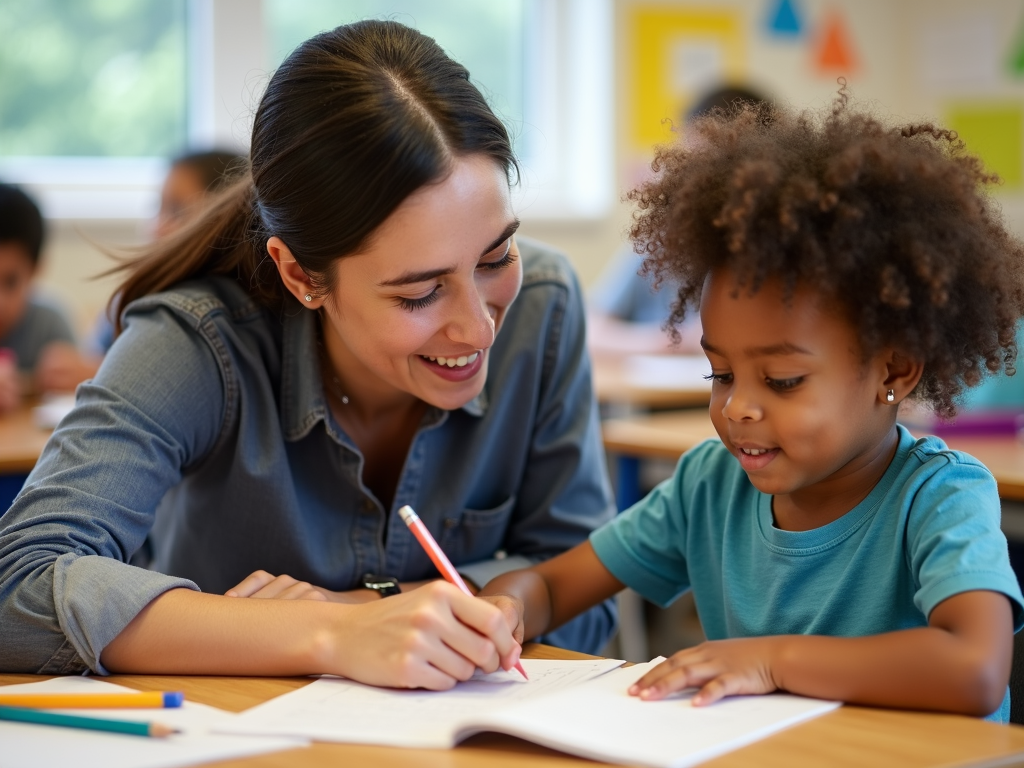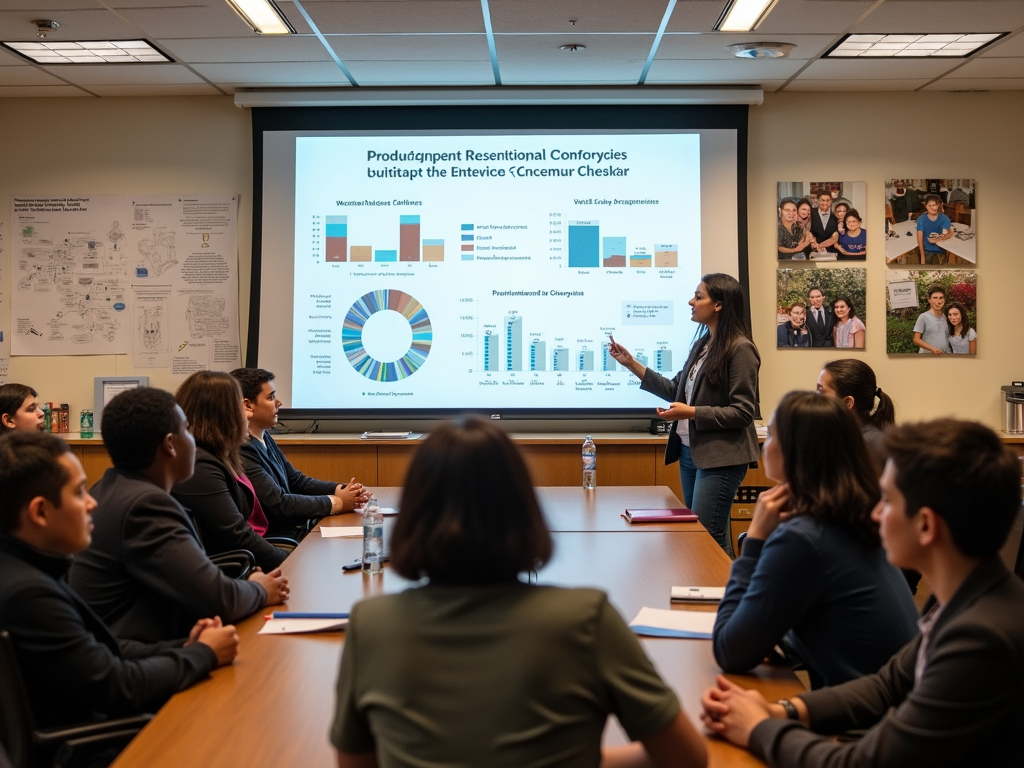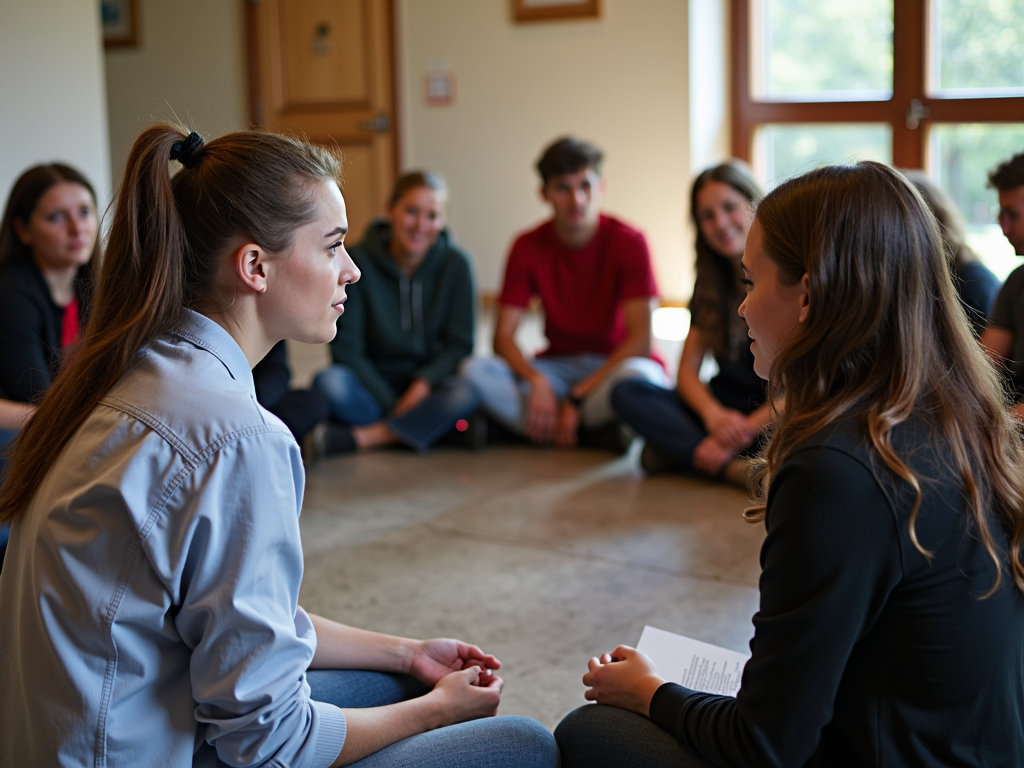The Benefits of Service Learning: A Comprehensive Guide
By , May 17, 2025
Service learning is a powerful educational approach that combines community service with academic learning. It offers numerous benefits for students, communities, and educational institutions. This article explores the advantages of service learning and provides insights on how to start a service learning project.
Service learning is more than just volunteering; it's a structured learning experience that connects classroom knowledge with real-world applications. By participating in service learning projects, students gain practical skills, develop a sense of civic responsibility, and contribute to their communities.
One of the primary benefits of service learning is the opportunity for students to apply theoretical knowledge in practical settings. For example, a student studying environmental science might participate in a project to restore a local wetland. This hands-on experience reinforces classroom learning and helps students see the relevance of their studies.

Service learning also fosters personal growth and development. Students who engage in service learning often report increased self-confidence, improved communication skills, and a greater sense of empathy. These personal benefits can have a lasting impact on students' lives and future careers.
In addition to benefiting students, service learning projects can have a positive impact on communities. By addressing local needs and issues, students can help improve the quality of life for community members. For instance, a service learning project focused on literacy might involve tutoring children in underserved schools, thereby contributing to educational equity.

Educational institutions also stand to gain from service learning initiatives. By integrating service learning into their curricula, schools and universities can enhance their reputations, attract prospective students, and strengthen ties with local communities.
Starting a service learning project requires careful planning and collaboration. Here are some steps to get started:
-
Identify a community need: Begin by researching local issues and identifying areas where your skills and resources can make a difference.
-
Develop a project plan: Outline the goals, objectives, and activities of your project. Consider the resources you'll need and how you'll measure success.
-
Engage stakeholders: Collaborate with community partners, educators, and students to ensure everyone is on board and committed to the project.
-
Implement the project: Put your plan into action, ensuring that all participants understand their roles and responsibilities.
-
Reflect and evaluate: After the project, take time to reflect on the experience and evaluate its impact. This step is crucial for learning and improvement.

Throughout the process, it's important to maintain open communication and foster a spirit of collaboration. Service learning is most effective when all parties work together towards a common goal.
To illustrate the impact of service learning, let's consider a real-world example. At XYZ University, students in the social work program participate in a service learning project that involves working with local homeless shelters. Through this project, students gain firsthand experience in social services, develop empathy for vulnerable populations, and contribute to the well-being of their community.
Another example comes from ABC High School, where students in the biology class engage in a service learning project to monitor water quality in nearby rivers. This project not only enhances their understanding of environmental science but also provides valuable data to local conservation efforts.

These examples demonstrate how service learning can bridge the gap between academic learning and community engagement. By participating in such projects, students become active contributors to society while enhancing their own educational experiences.
As you consider starting your own service learning project, remember that the key to success lies in thoughtful planning, genuine collaboration, and a commitment to making a positive difference. Whether you're a student, educator, or community member, service learning offers a unique opportunity to learn, grow, and contribute.

Service learning is a transformative educational approach that benefits students, communities, and educational institutions. By combining academic learning with community service, service learning projects provide practical skills, foster personal growth, and address local needs. Starting a service learning project involves identifying community needs, developing a plan, engaging stakeholders, implementing the project, and reflecting on the experience. Through service learning, individuals can make meaningful contributions while enhancing their own learning journeys.